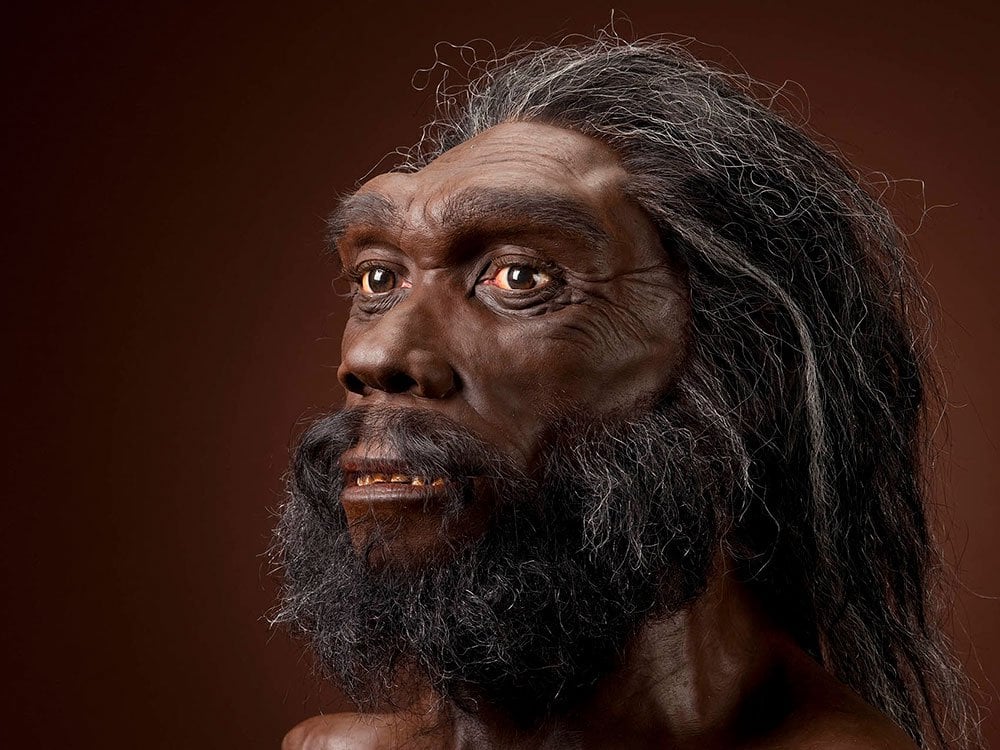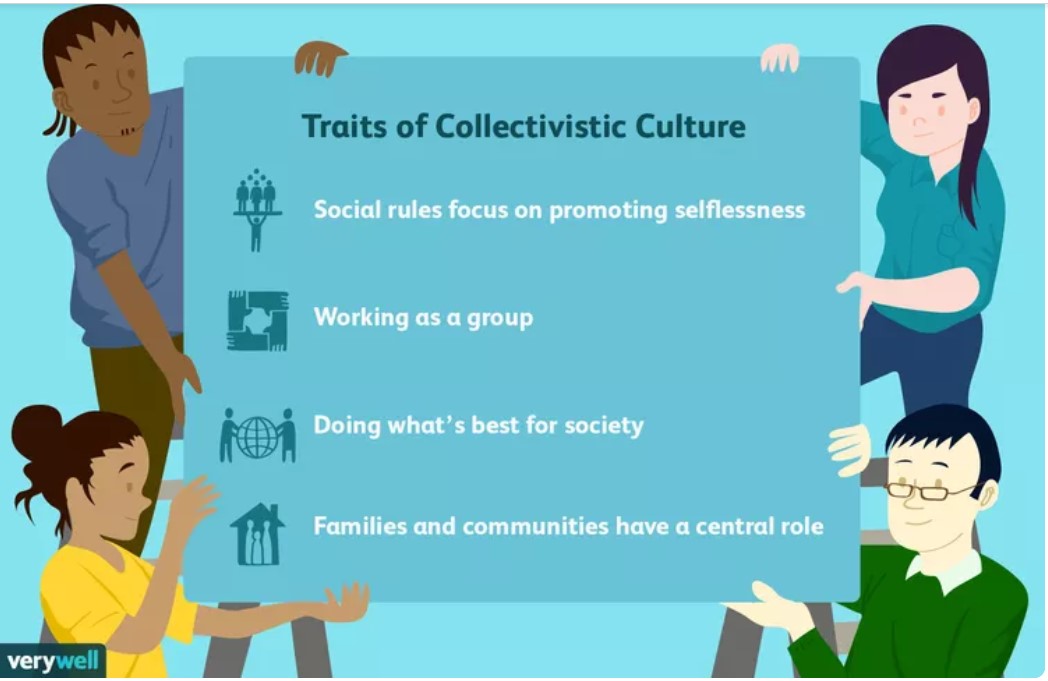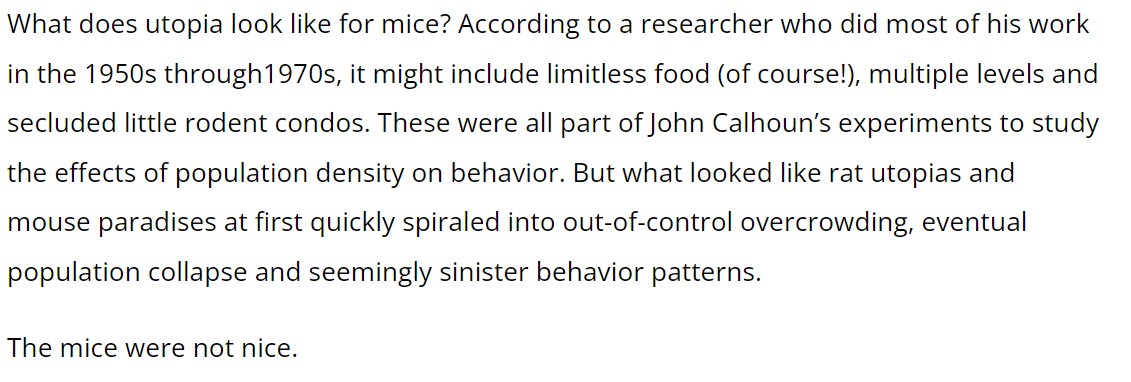Traces of Homo genes have been found that existed more than 600,000 years ago but the variation that represents the beginning of humans as we would define them today (Homo sapiens) appeared about 300,000 years ago.

Here is a picture of our Great Grandfather:
Homo heidelbergensis
300,000 years ago is before the Industrial Revolution. It is before the invention of the wheel. It is before the idea of government. It is before rafts. It is before American slavery. It is before George Washington. It is before Texas and New York. It is even so far back that Henry Louis Gates Junior can’t trace ancestors on his “Finding Your Roots” show.
The point is this: We are 99.9 percent the same creature that walked around buck naked in the Pleistocene. The .1 percent that continued to evolve was the ability to have abstract thoughts – thoughts and imaginings that weren’t real. To this day our limbic system is confused and can’t tell what is real. There is no physiological chemistry designed to respond to railroad trains.
How did Homo sapiens relate to the environment? It’s a difficult question to answer. For a long time, Pleistocene folks were classified as herbivores who survived primarily by eating roots and grasses that are still around today. However, recent discoveries at one site showed plenty of bones. Most of the animal bones came from gazelles. Among the other remains were hartebeests, wildebeests, zebras, buffalo, porcupines, hares, tortoises, freshwater mollusks, snakes and ostrich eggshells.
It is unlikely that early man kept gazelles and buffalo in body-sized cages as modern man does. Our ancestors had to chase them down. That is why the limbic system is confused by railroad trains. An interesting footnote to this paragraph is that only 20 percent of water-sourced food remains from averages posted just 50 years ago. Something is happening that is different from the last 300,000 years. Further, arable land is disappearing due to many things from population to industrial consumption to climate change.
Speaking of climate change, it is not coincidental that Homo sapiens has been able to populate the planet in the blink of an eye – given evolutionary timelines. Generally speaking, the planet has been tough on life since the beginning. Consider an ice age that lasted millions of years and in modern times can run 200,000 years without blinking an eye. Volcanic eruptions are another phenomenon that raises its disturbances every so many thousand years. But fortunately, scientists have noted a very still, cooperative and generous period for the last 300,000 years.
But now there is foreboding activity. It is true that modern Pleistocene man has trashed the climate, biosphere and has driven the animal kingdom to extinction – that’s the result of abstract thinking. But Homo is not the only driver of change. Most of the methane comes from deep in the Earth, from a time before rafts were invented. Further, volcanoes seemed disturbed by an unbalanced spinning of the Earth’s core. Scientists already have proven that the planet has entered a stage where the polarity will switch – something that happens over many years but can be disruptive. Will polar bears and penguins have to switch places?
Let’s not add any significance to Donald but doesn’t he look like an old Homo heidelbergensis? Then, so does mariner’s Great Aunt Denise.
Good Luck Zees!
Ancient Mariner




